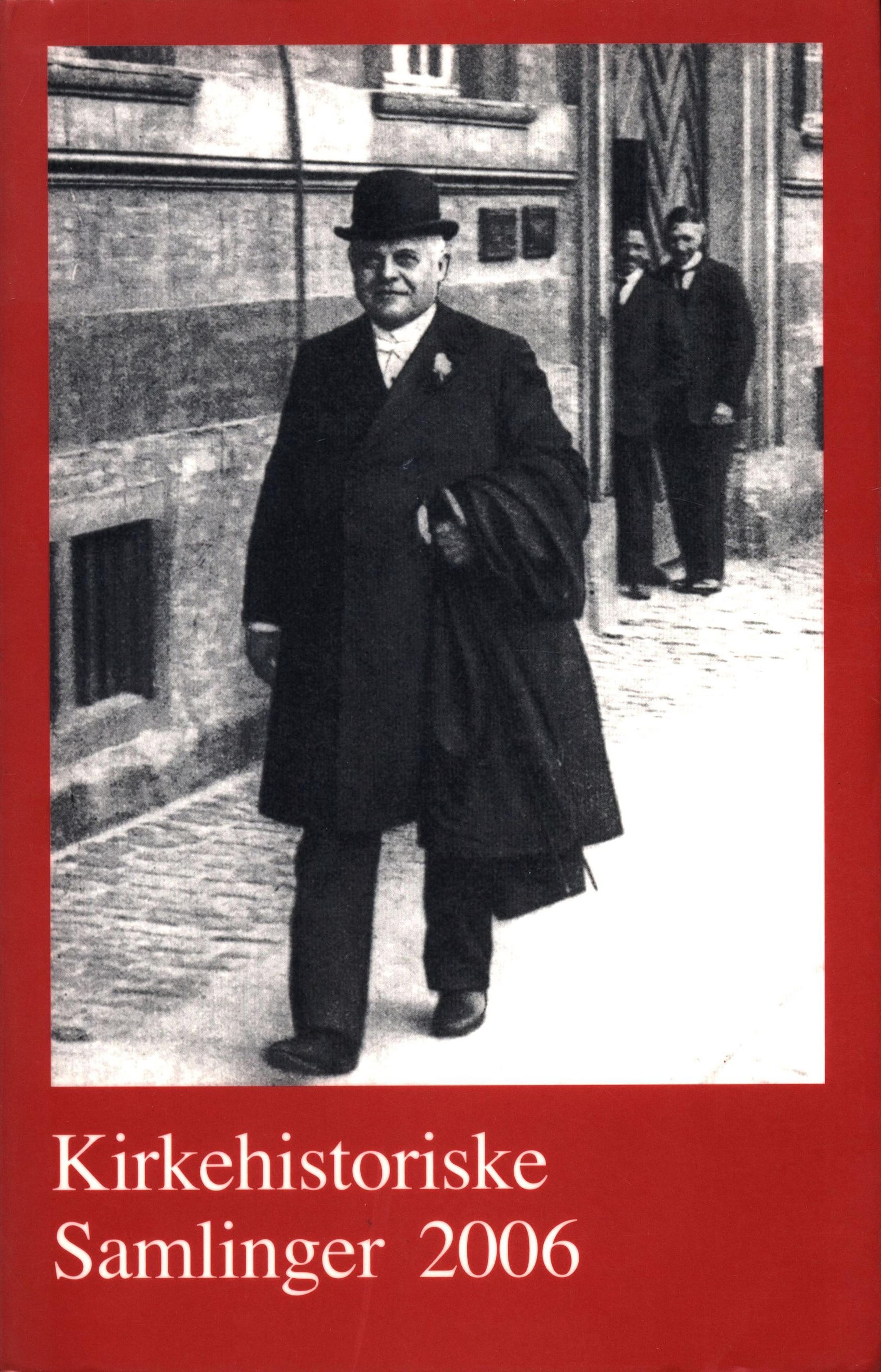Den huslige Andagt 1800-1850: En undersøgelse af dagbøgernes oprindelse, teologi og betydning for fromhedslivet i den første halvdel af 1800-tallet.
Publiceret 15.12.2006
Citation/Eksport
Copyright (c) 2024 Tidsskriftet Kirkehistoriske Samlinger

Dette værk er under følgende licens Creative Commons Navngivelse – Ingen bearbejdelser (by-nd).
Resumé
The first part ofthe 19th century belongs to the most interesting periods of Danish church history. Rationalism is replaced by pietism, and ordinary people find out, that they have the possibility to pick out their own religious identity. Revival movements arise, inspired and conducted by laymen. A number of 491 devotional books and booklets are published in Denmark between 1800 and 1850. Some of them are translated from German and English. 20 of the books and booklets are so-called diaries, representing extracts from The holy Bible with subsequent exegesis for private devotion (huslig andagt). Exactly these publications are objects of this investigation. Private devotion is usually a supplement to the church services on Sundays, but sometimes rather more a reaction against the (local) preaching. Eight of the investigated diaries represent rationalistic preaching and the rest of them pietistic preaching. It is remarkable, that pietists have been able to make use of devotional diaries containing rationalistic preaching. Private devotion was spread over a major part of the population in the 18th century, but seems to be declining at the beginning of the 19th century. Some authors mention, that the diary could be the tool of revival or renewal of a tradition, that was almost extinct. The investigation shows, that pietism has no monopoly of piety. Even diaries containing rationalistic preaching reflect the deep relationship between man and God. The diary is defined from the users point of view, and the devotion it wants to evoke is superior to the theology, it represents.

